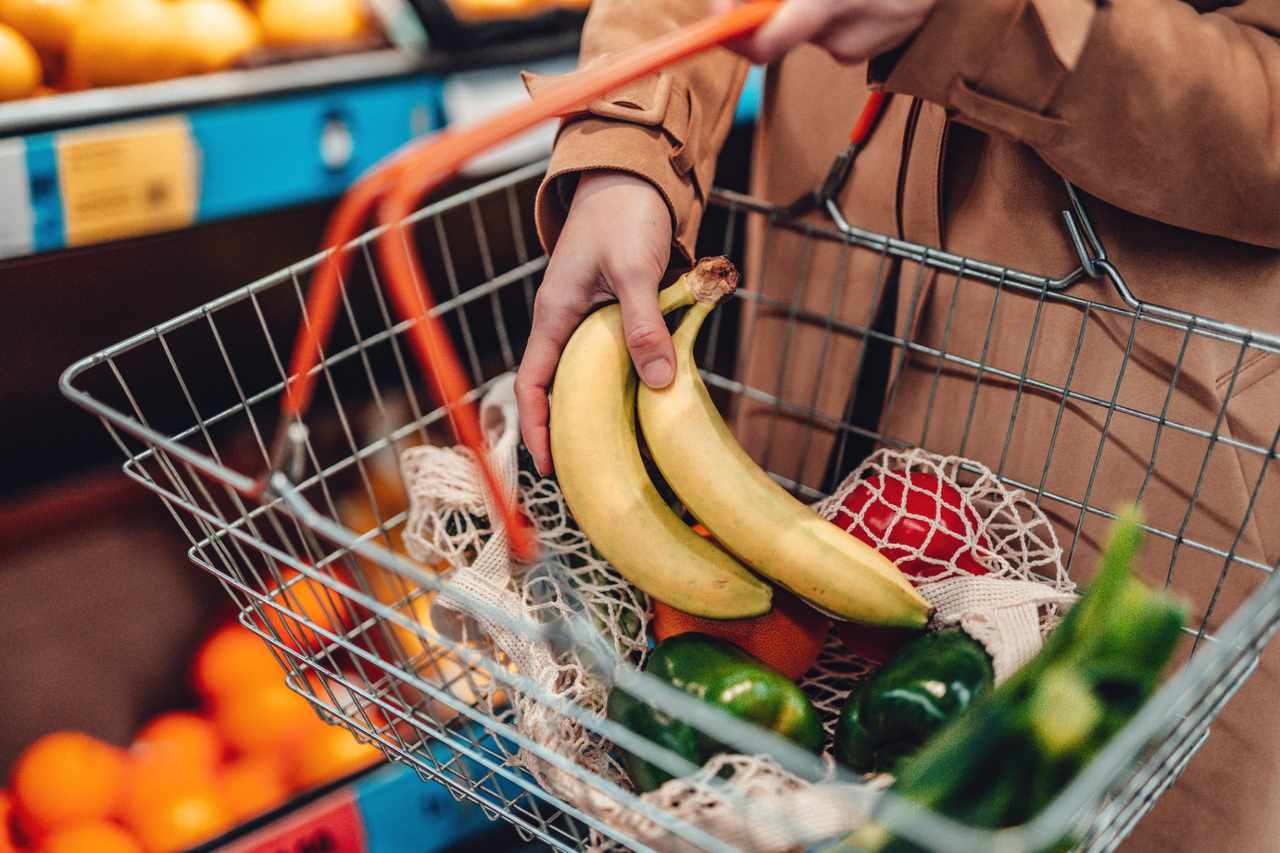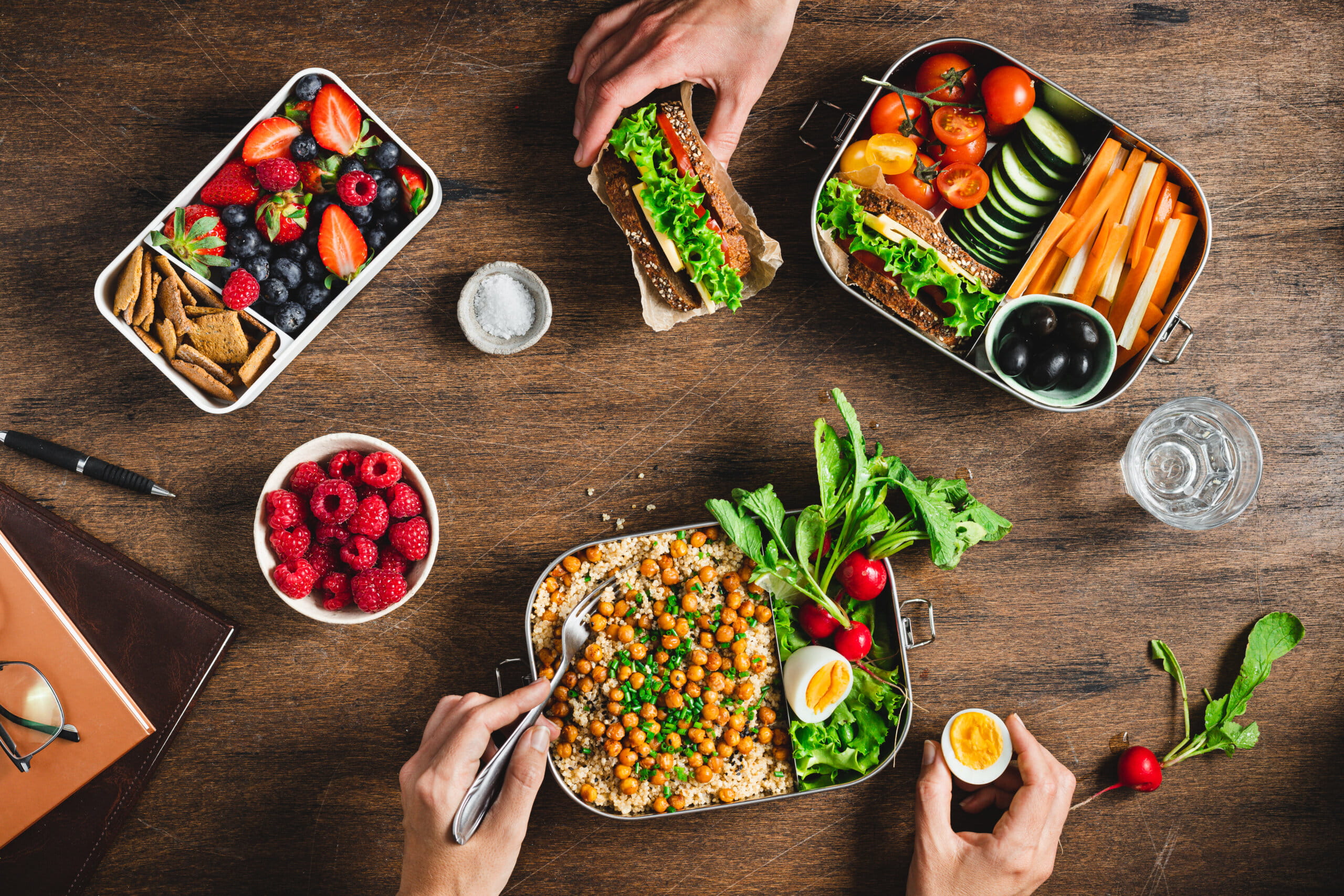Do Bananas Cause Constipation?

Do Bananas Cause Constipation?
It's a common belief that bananas cause constipation. Many people have heard this or maybe have experienced the condition after eating bananas. Consequently, the question “Do bananas cause constipation?” is a common one for people considering their dietary choices and digestive health.
However, the answer isn’t a simple yes or no. Instead, research suggests it may depend on a crucial factor: the ripeness of the banana. This article will delve into the nuances of how bananas interact with the digestive system.
Don’t Necessarily Say Goodbye to Bananas
For those with concerns about constipation, an easy solution would be simply not to eat bananas. However, removing them from your list of dietary choices means you would lose the many health benefits that bananas offer.
These fruits are packed with essential nutrients. For example, a medium banana provides approximately 3.07 grams of dietary fiber. This fiber comes in two crucial forms: soluble and insoluble. Soluble fiber helps to make stool bulkier, softer and easier for the body to move through the digestive tract. Insoluble fiber adds mass and can help stimulate bowel activity, thereby improving regularity.
In addition to their significant fiber content, bananas are also known to improve digestive health. They provide prebiotic effects, nourishing and encouraging the growth of beneficial gut bacteria. A healthy gut microbiome is essential for digestive processes and nutrient absorption. Studies on mice that were fed a high-fat diet along with banana pulp suggest the fiber in it can enhance healthy gut bacteria, reduce weight gain and improve intestinal function.
Green vs. Ripe Bananas and Their Impact on Constipation
Everyone's digestive system is unique. Consequently, eating bananas may affect you differently than it does someone else. However, some experts believe that the ripeness of bananas plays a role in their impact on constipation.
Unripe (Green) Bananas
Green bananas contain high levels of resistant starch. Resistant starch is not easily digested by the small intestine. Instead, it moves to the large intestine, where gut bacteria ferment it. While resistant starch can be beneficial in moderation, it can be binding. As a result, it can slow down digestion, and for some people, may cause or worsen constipation. If you frequently experience constipation or are experiencing it currently, green bananas may not be a suitable food for you.
Ripe Bananas
A banana’s nutritional profile changes as it ripens. Ripe bananas are richer in soluble fiber, which helps to soften stool and promote regularity. Consequently, fully ripe bananas are less likely to cause constipation and may, for some, help to relieve it.
Importantly, the research on bananas (including ripe and unripe bananas) and constipation isn’t definitive. So, if you have concerns about regularity, you should pay close attention to your bowel habits when you eat bananas. If ripe, unripe or both tend to bind you up, you should probably eliminate them from your diet.
Talk With Your Healthcare Provider About Constipation
Constipation is uncomfortable and, if it’s common or persistent, can lead to other health issues or be an indicator of them. If you have questions or concerns about this condition, talk with your healthcare provider. They can help you determine the cause and recommend lifestyle changes, treatment or both as appropriate.
You can find a Baptist Health provider in our online provider directory if you don’t have one.
Next Steps and Useful Resources
Learn More About Gastroenterology Care at Baptist Health
What Can I Take for Constipation While Pregnant?
The Importance of Colon Screening
How to Make Yourself Poop
Why Does My Stomach Hurt?



